Zim’s beneficiation plans should not be a pipe dream
- By Zimpapers Syndication |
- 02 Jan, 2026 |
- 0

Rumbidzayi Zinyuke ---
Zimbabwe’s plans to encourage local beneficiation of minerals have suffered a setback owing to the slump in commodity prices that has severely reduced mining companies’ revenues in the past two years.
For years, government has been trying to come up with ways to ensure that mining companies do not export minerals in their raw form.
While there has been a little progress made in some areas, there remains a yawning gap as minerals are still being exported partially processed or raw.
Platinum is the third largest foreign currency earner for Zimbabwe after tobacco and gold, but it is still being export in a semi-processed state to South Africa for refining.
As a result, Government ordered platinum miners to come up with plans to construct a platinum refinery to ensure that the value addition and beneficiation cluster in the economic blueprint, ZimAsset, is fulfilled.
Zimbabwe has three established platinum producers, Zimplats, Mimosa and Unki, who have been producing approximately 13 tonnes of refined platinum per year.
While the producers have committed to ensuring local beneficiation of their ore, it has taken more time than anticipated to see progress on that front.
In June, the Environmental Management Agency gave Unki the green light to construct its platinum smelting plant while Zimplats embarked on the refurbishment of the base metal refinery (BMR) at the company’s Selous Metallurgical Complex (SMC) in 2015.
But all these projects have been largely dependent upon the flow of cash within the companies’ coffers.
In the case of Zimplats, plans for the BMR seems to have taken a knock due to the commodity price fluctuations experienced since 2014.
The company’s head of corporate affairs Busi Chindove says the original plan to commission the plant in July 2016 hit a snag.
“The planned commissioning was adversely affected by tumbling metal prices that resulted in a historic low of $840 per ounce for platinum. Project completion is dependent on availability of funds against the background of cash constraints due to low metal prices,” she says.
However, despite the resultant negative impact on cash flows, Chindove says Zimplats has invested US$23m in the project to date, with most major long lead items of equipment already on site.
Zimbabwe Platinum Producers Association President, Winston Chitando has also reiterated that platinum producers are working hard to ensure projects are completed despite the challenges.
This does not bode well with the country’s beneficiation plans as it means completion of such projects is pushed further and further.
In the meantime, Zimbabwe is still losing most platinum revenues to South Africa.
Critics have said Zimbabwe does not have justification for value-addition in platinum as it will only add 8 percent to the price the country is already receiving for its exports.
They say it is profitable for South Africa because the country has gone a stage further and is manufacturing convertors for motor vehicles which justifies its investment in a refinery.
And Zimbabwe is susceptible to many challenges that result in failure to value add, a weak economic infrastructure base being among of them.
Other challenges include lack of access to appropriate modern technologies, access to affordable as well as knowledge, capacity, markets, demand levels and consumption.
But that should not be an excuse for companies not to invest more in value addition. If companies can work together, beneficiation could be more than a pipe dream for Zimbabwe.
And maybe this could be what is finally happening if what Zimplats says is anything to go by.
“There has been extensive consultations involving several business entities in order to explore the most efficient and effective way in which to carry out this project. The current project design takes the outcomes of that dialogue into account. Once the BMR project has been commissioned it will see the realization of the national aspiration for greater local beneficiation as espoused in the country’s economic revival programme,” said Chindove.
Botswana and South Africa have in the past few years been working at legislation to ensure their economies benefit from more value added mineral export which has helped grow the industry and guarantee the future of the firms.
The question to ask then is, Can Zimbabwe not do the same?
It can!
It might not happen in the near future but the country could definitely look into developing further the platinum value chain in the long term.
While the fundamentals might not be right for that to happen right now due to the economic challenges pertaining, putting in place systems that will make the transition faster once the economy recovers sufficiently is not a bad idea at all.
President Robert Mugabe is on record emphasizing the massive benefits that Zimbabwe and the Sadc region at large could stand to accrue from beneficiating their minerals.
“While the SADC is potentially one of the richest regions in the world, most of its agricultural and natural resources are exported unprocessed, which earns the region 10 percent of their actual value. Through beneficiation we will be able to increase our returns ten-fold,” President Mugabe said at the 34th SADC heads of state meeting held in Victoria Falls in 2014.
He urged member states to fast track value addition and beneficiation so as to derive maximum benefit from their resources and achieve the desired industrialization and infrastructure development that will facilitate improvement of lives in the SADC communities
President Mugabe’s sentiments have also been echoed by many economists. The late Eric Block, in one of his articles, said value addition “would generate considerable opportunities of the much-needed growth in employment opportunities, with major economic benefits downstream of the value-addition enterprises, and progressively enhanced revenue flows to the fiscus.”
The pursuit for a beneficiation and value addition policy also falls in line with African Union’s Agenda 2063 which envisions that African countries should, now more than ever, benefit more from its natural resources to change the face of its socio-economic landscape.
And Zimbabwe shouldn’t be an exception!
No Comments


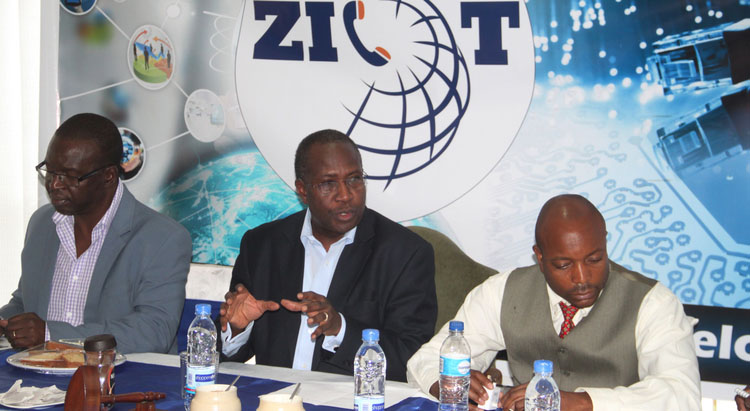
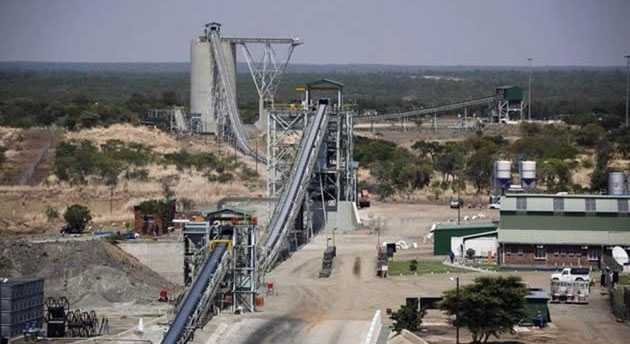
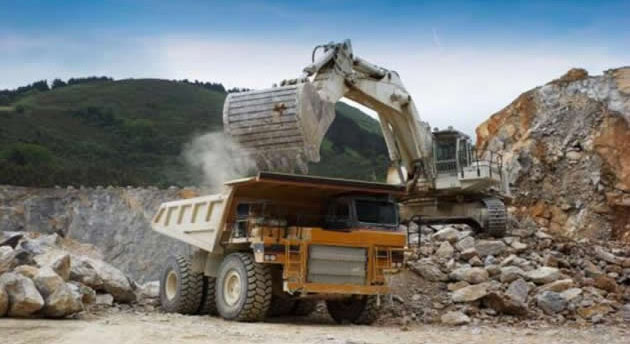
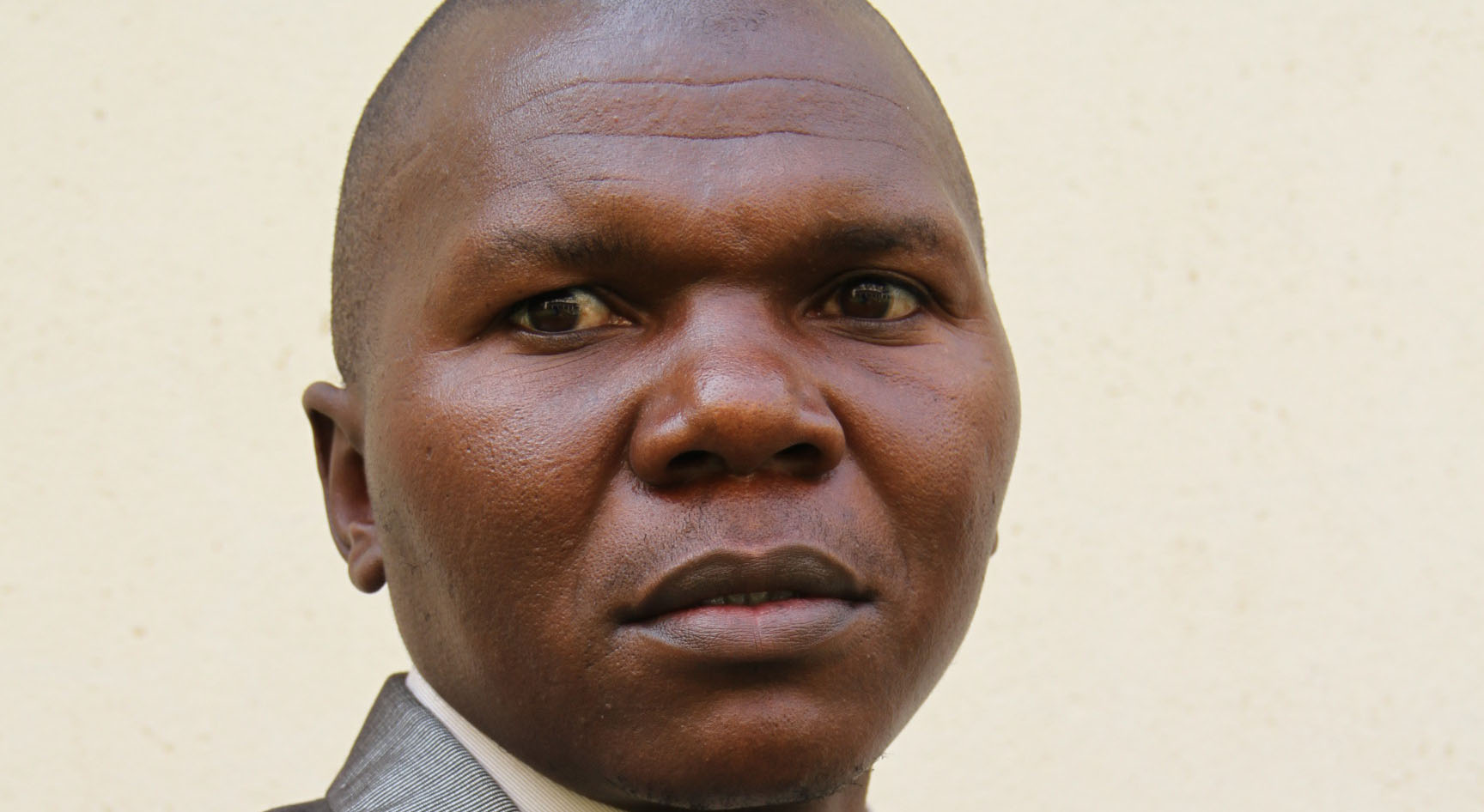

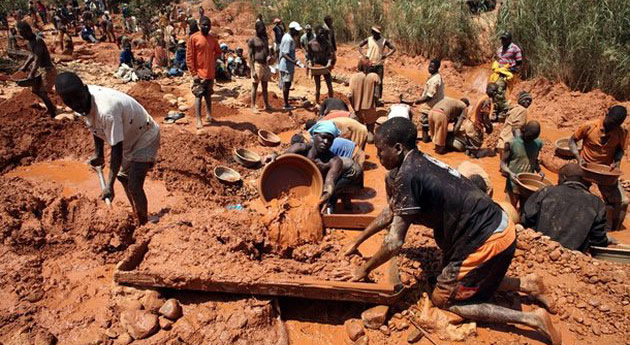


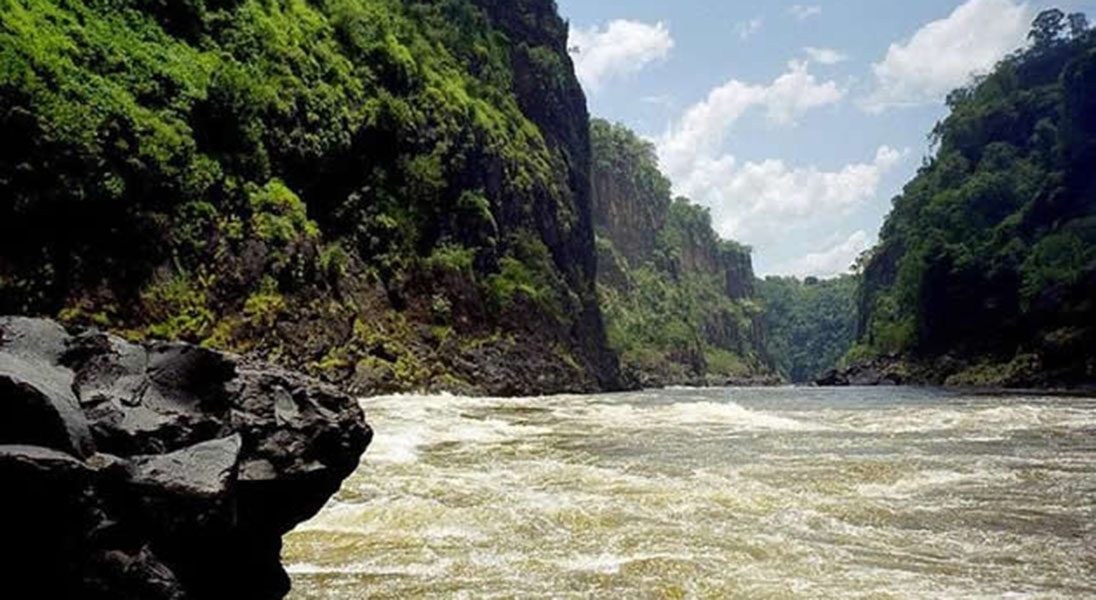

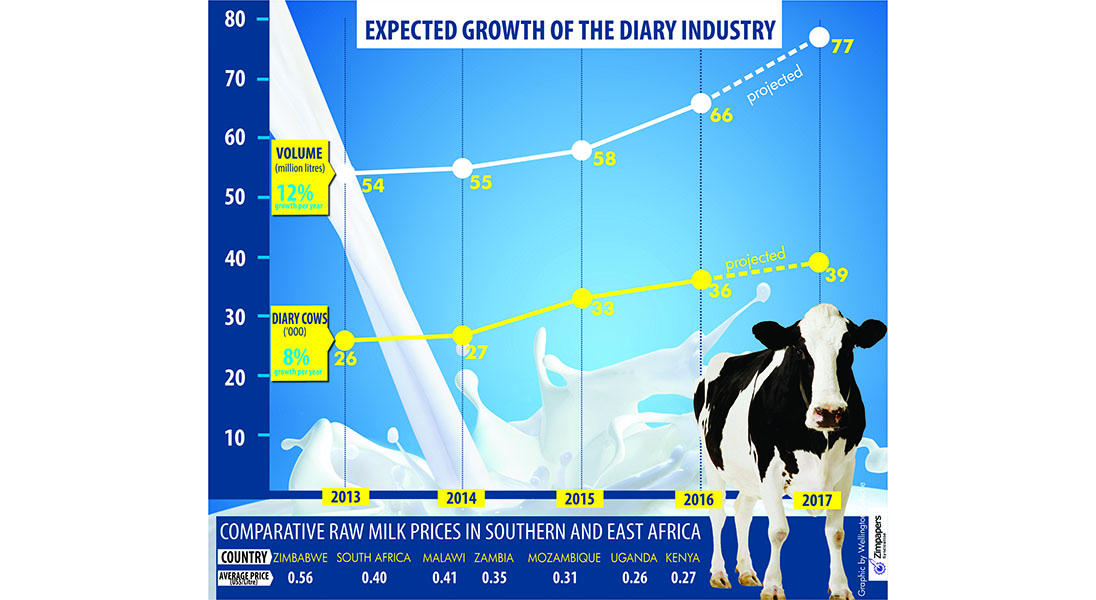

Comment